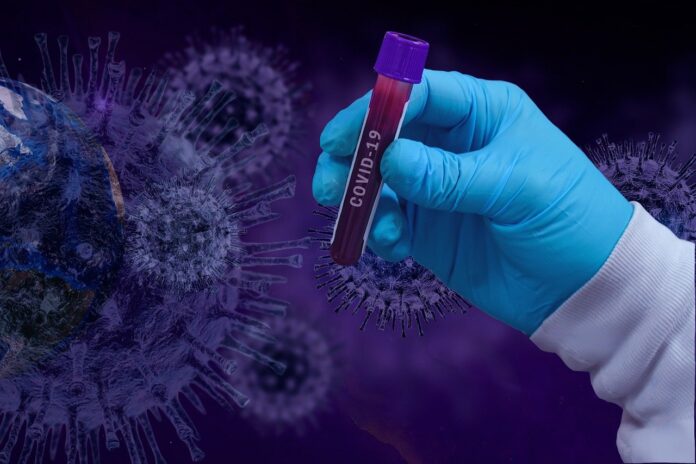[ad_1]
Last month, the FDA granted Emergency Use Authorization for at-home Covid-19 tests. Now, several at-home tests are available from major retailers. As of this week, you can even order one on Amazon.
The tests
On Amazon, the first kit available comes from genomics research firm DxTerity. One test costs $110 or $1,000 for a discounted 10-pack. Another test, sold by Purlab and developed in concert with the Rutgers University RUCDR Infinite Biologics Lab, was introduced late last month. That test is sold for $129.99 per kit and can be ordered through delivery services like GoPuff. A third test, from AZOVA healthcare, is exclusive to Costco and sold as a standalone kit for $129.99 or with video observation for $10 more.
“We have demonstrated the reliability and quality of our COVID-19 testing solution with big business and now we want to expand access to customers at home and small businesses,” Bob Terbrueggen, PhD, founder and CEO of DxTerity said in a press release. “Amazon is the perfect partner for expanding access to millions of U.S. customers.”
In its own press release, Purlab President Michael Cohen said, “Purlab … is the only one with a mobile app, allowing for a seamless process for people in the comfort of their own homes.”
The Azova test, when used with its video observation component??, contains a delightful surprise: the Azova test is approved by both the Hawaii and Bermuda travel programs. The Bermuda Tourism Authority’s interim CEO Glenn Jones hailed the test as “a major step forward in facilitating access to pre-travel testing required for Bermuda visitors.”
How they work
These tests are all saliva-based PCR assays. The nasal swab tests are also PCR-based, but are more invasive. “All you need to do is spit in a tube,” Purlab said, The saliva sample is then sent out for lab examination.
Results for all three tests are available within 24-72 hours.
A PCR test, or polymerase chain reaction, detects whether there is genetic material from a virus or germ in a human sample, such as saliva or a nasal swab. The test can tell if someone is infected at the moment, or has been in the past. Researchers consider a PCR test the most accurate available for detecting evidence of the coronavirus.
The next steps
The FDA has issued EUAs for a number of tests, mainly of the saliva PCR variety. Over the coming months, more tests– and more types– should enter the market and push prices down. An at-home nasal swab test from Lucira was granted an EUA, the first of its kind for an at-home molecular test, in November. That kit is expected to cost only $50 and slated to enter widespread distribution over the next couple months.
Sean Marsala is a health writer based in Philadelphia, Pa. Passionate about technology, he can usually be found reading, browsing the internet and exploring virtual worlds.
[ad_2]
Source link












